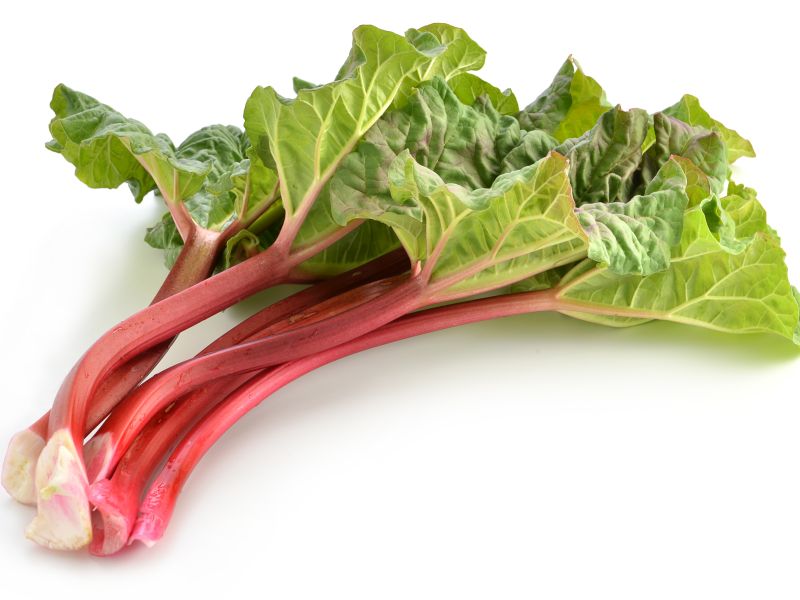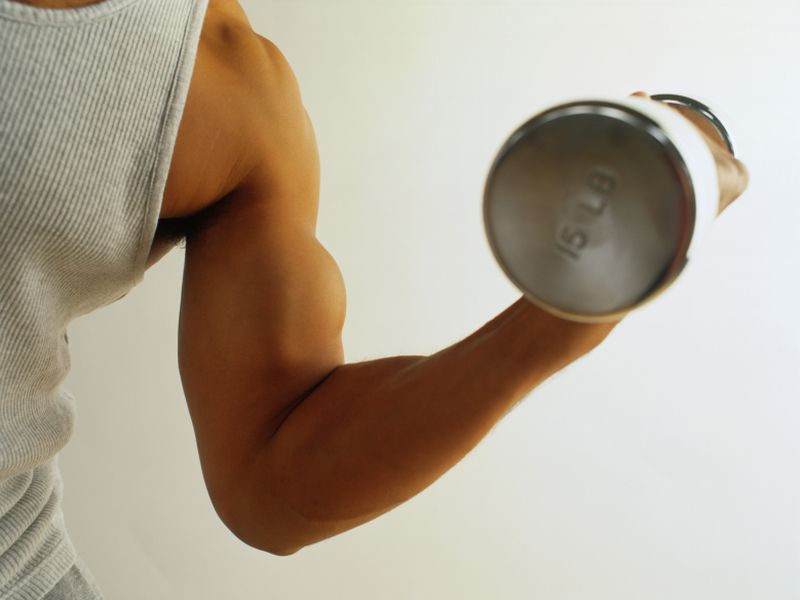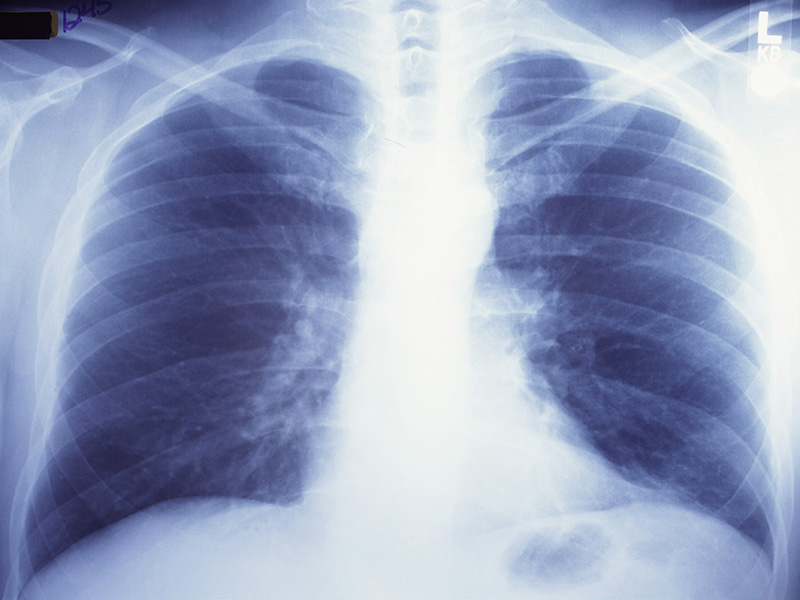
Vaccinating against the common infant infection rotavirus not only cuts a child’s odds of getting sick, it might also prevent them from developing type 1 diabetes later in life, new research suggests. Infants who got all of the recommended doses of the “stomach flu” virus vaccine had a 33% lower risk of developing type 1… read on >
















